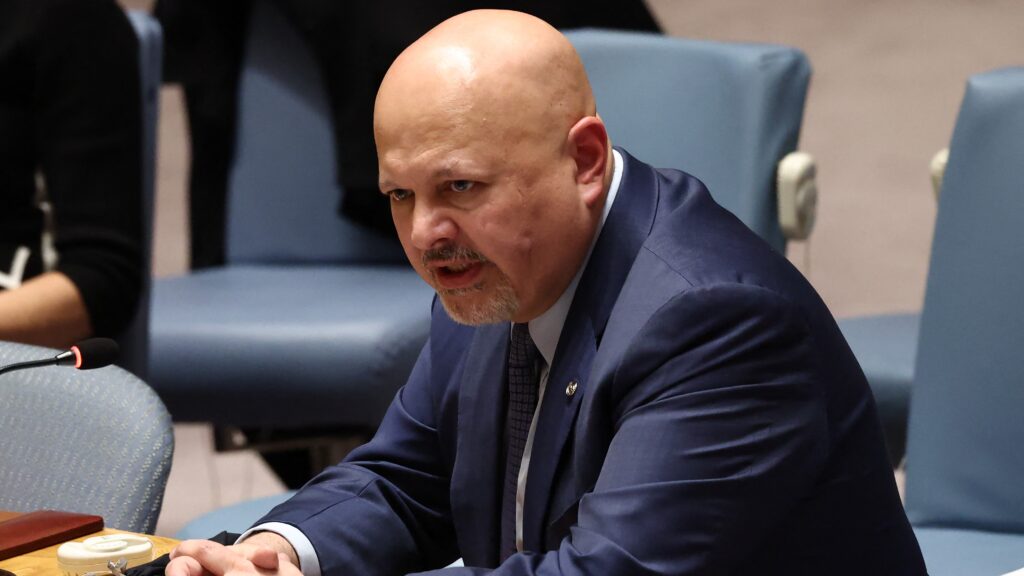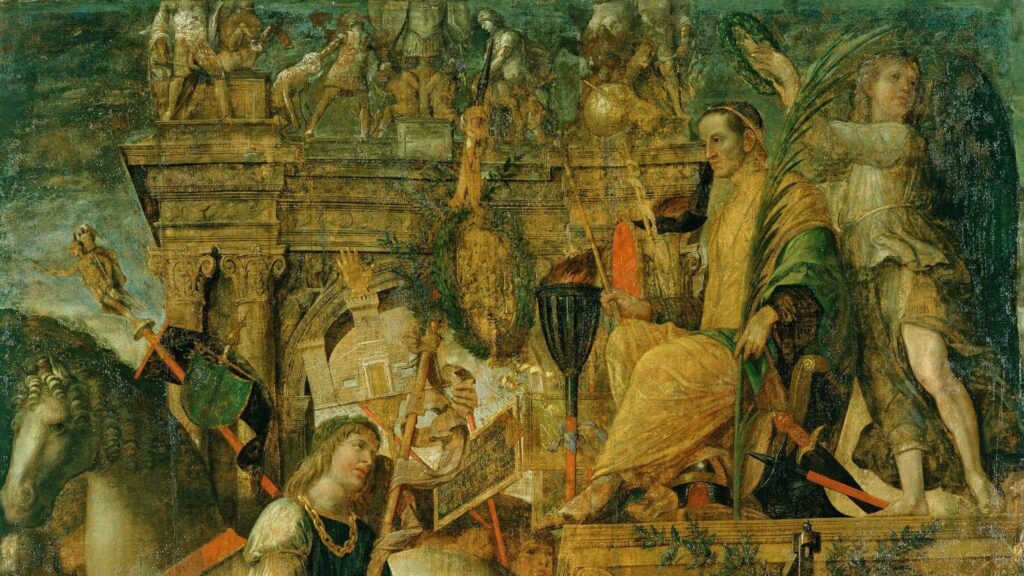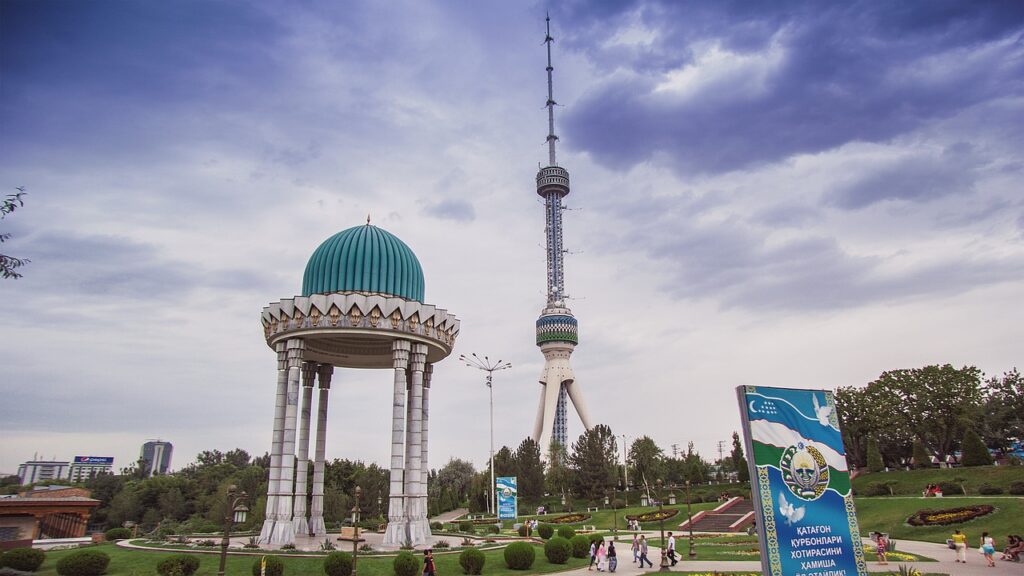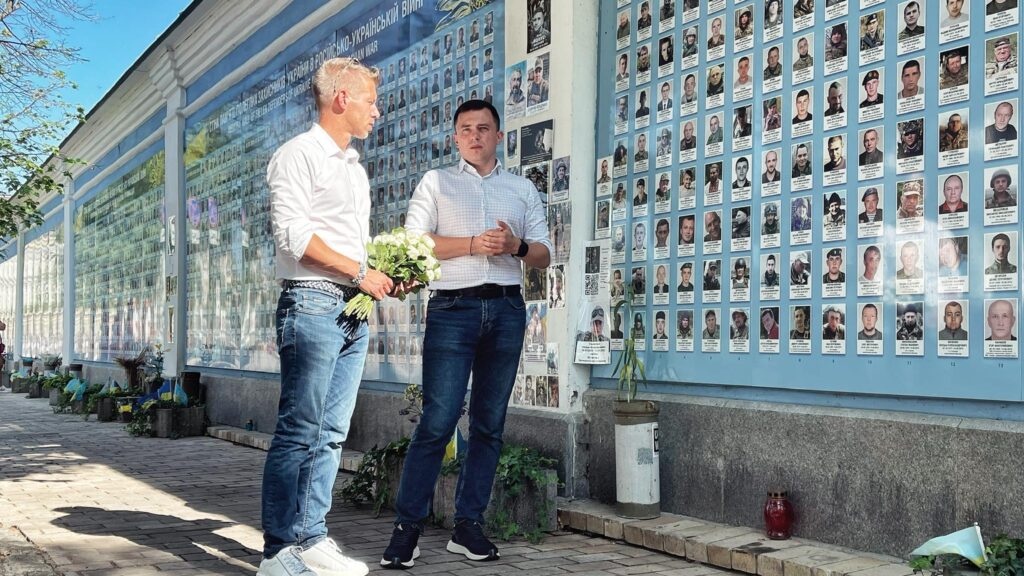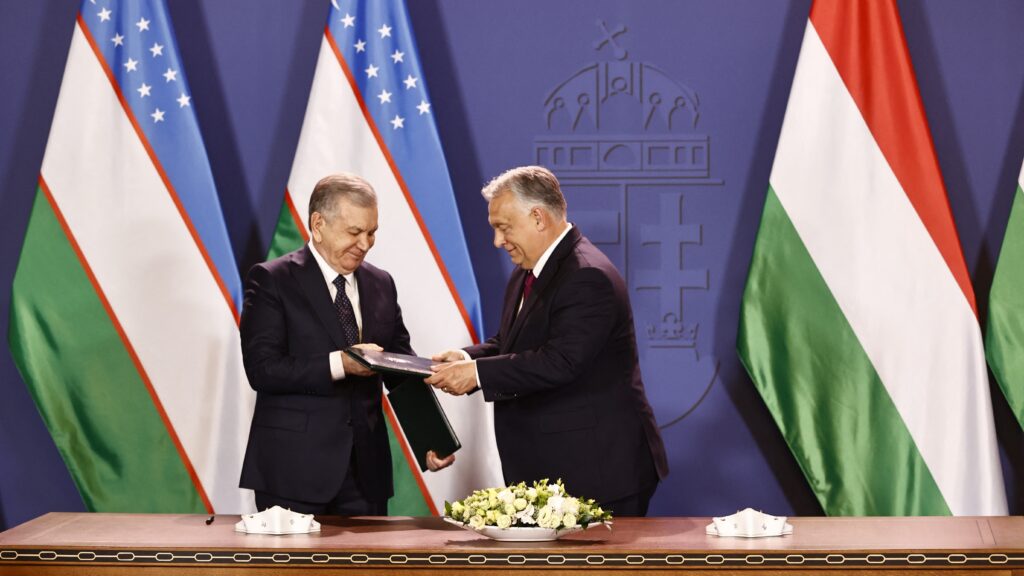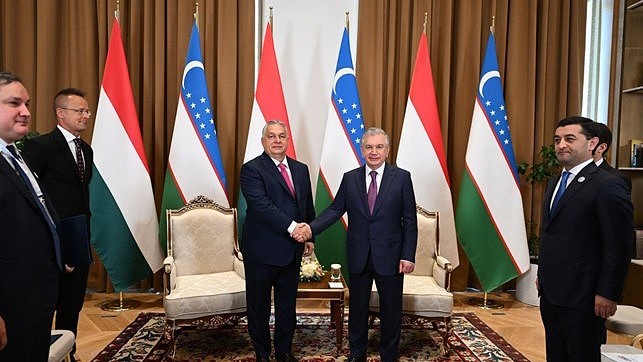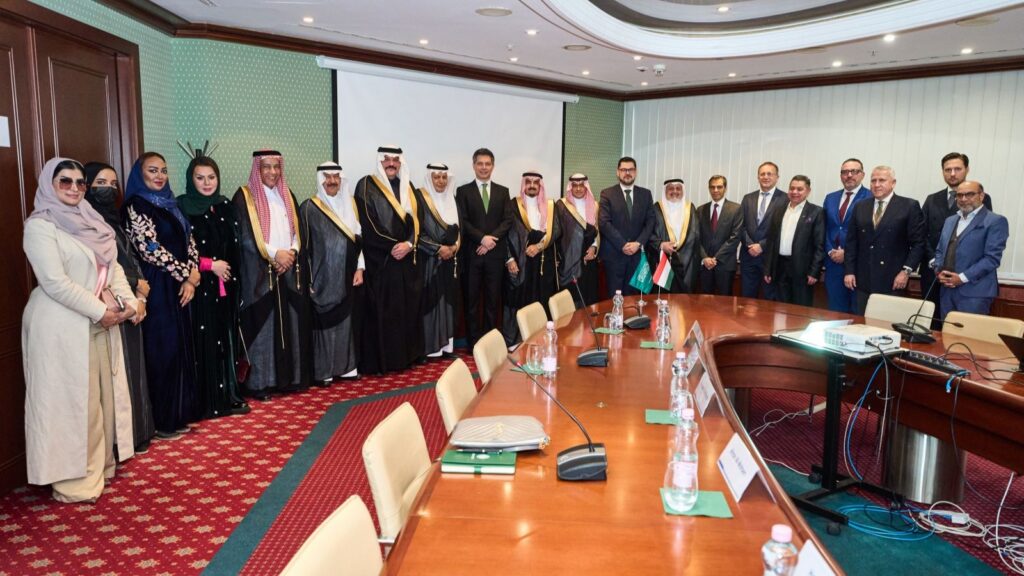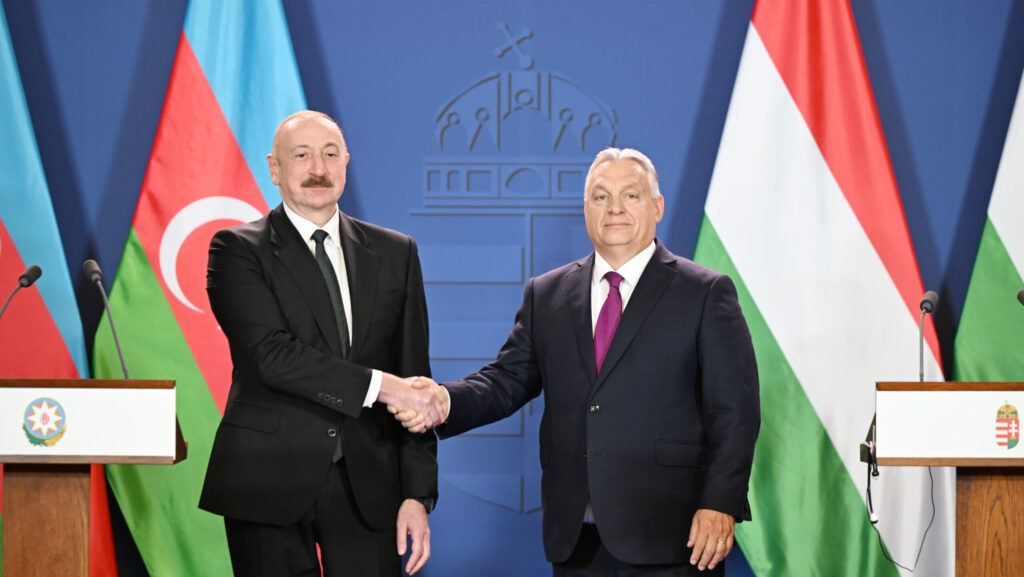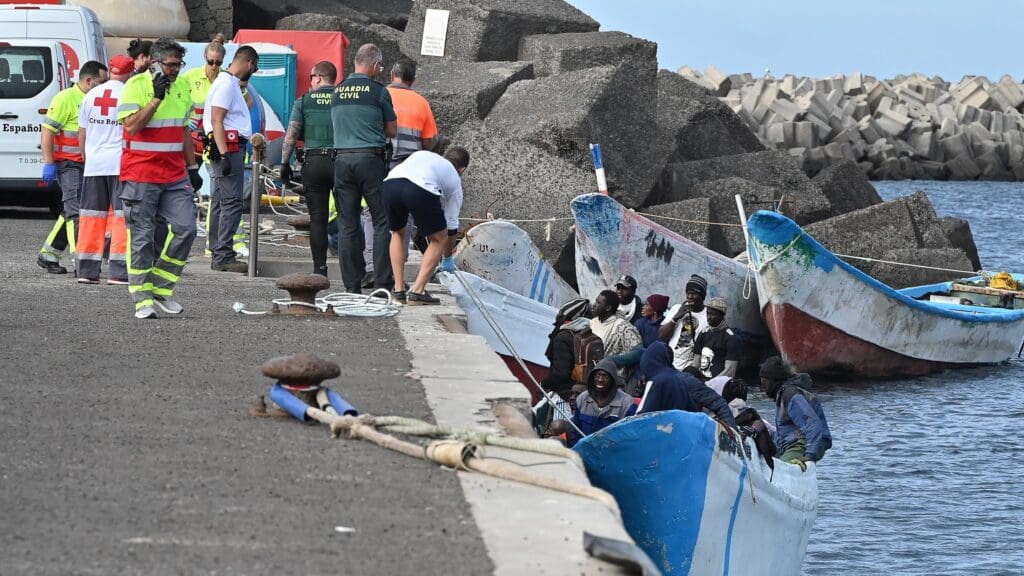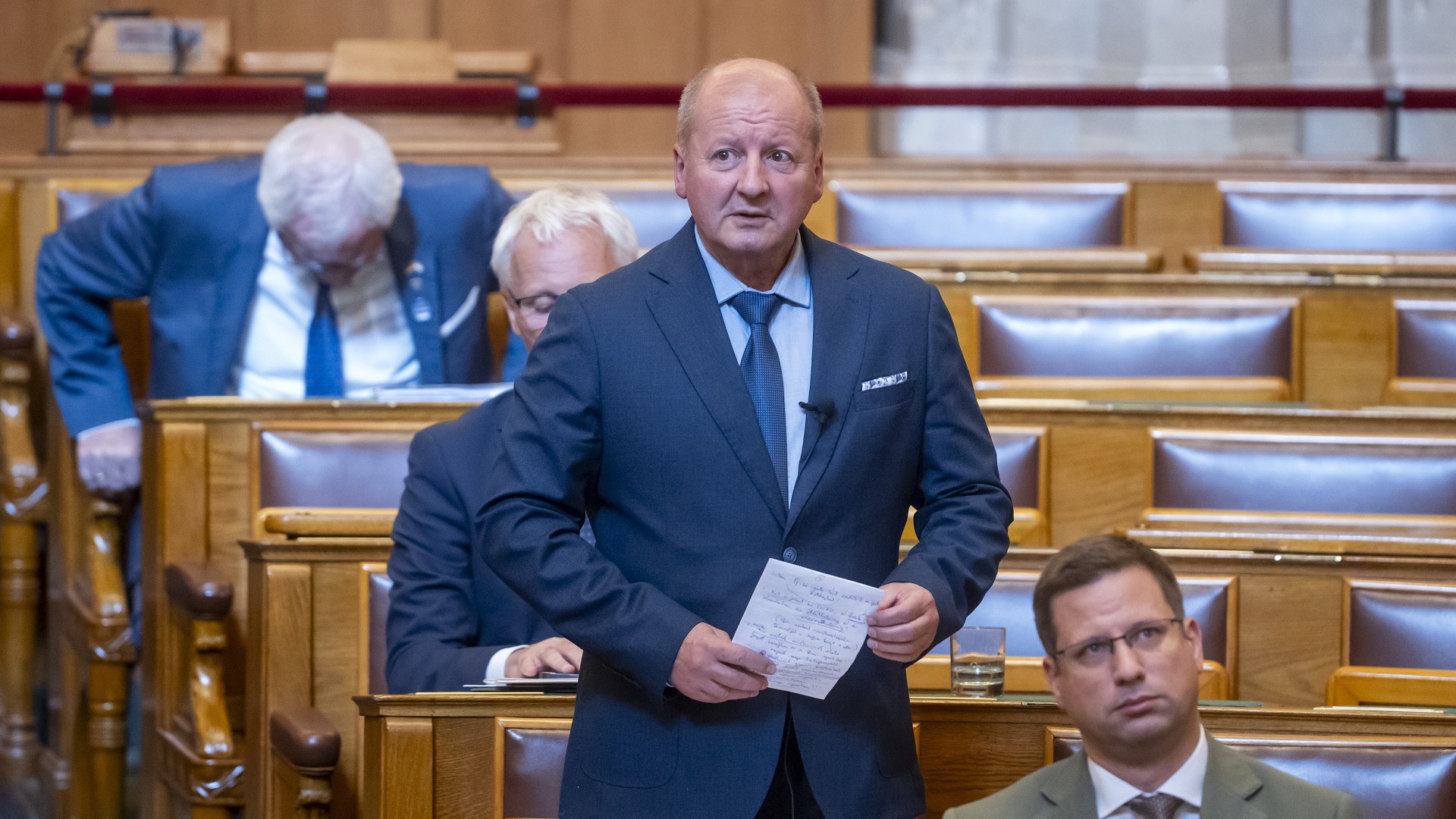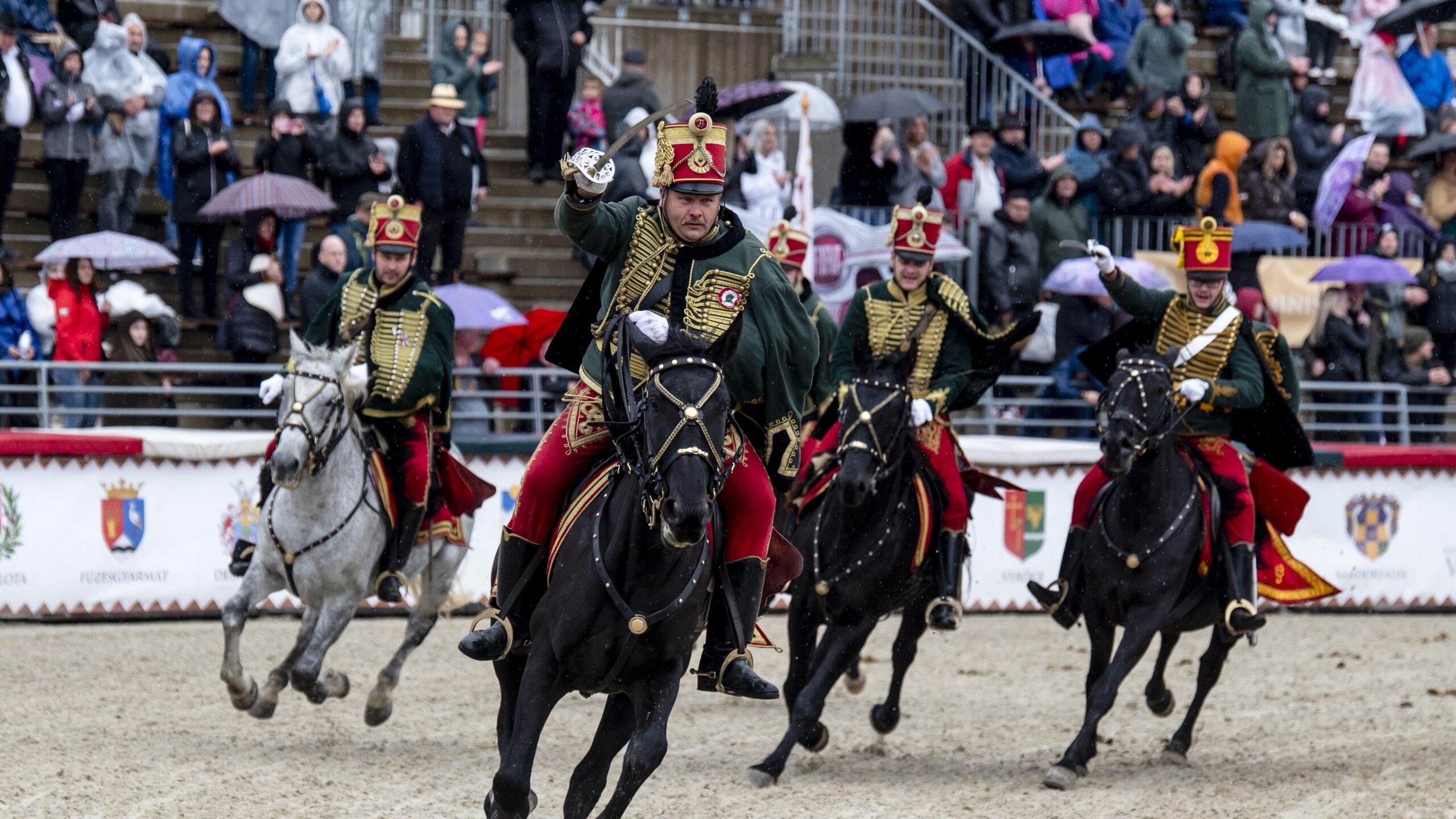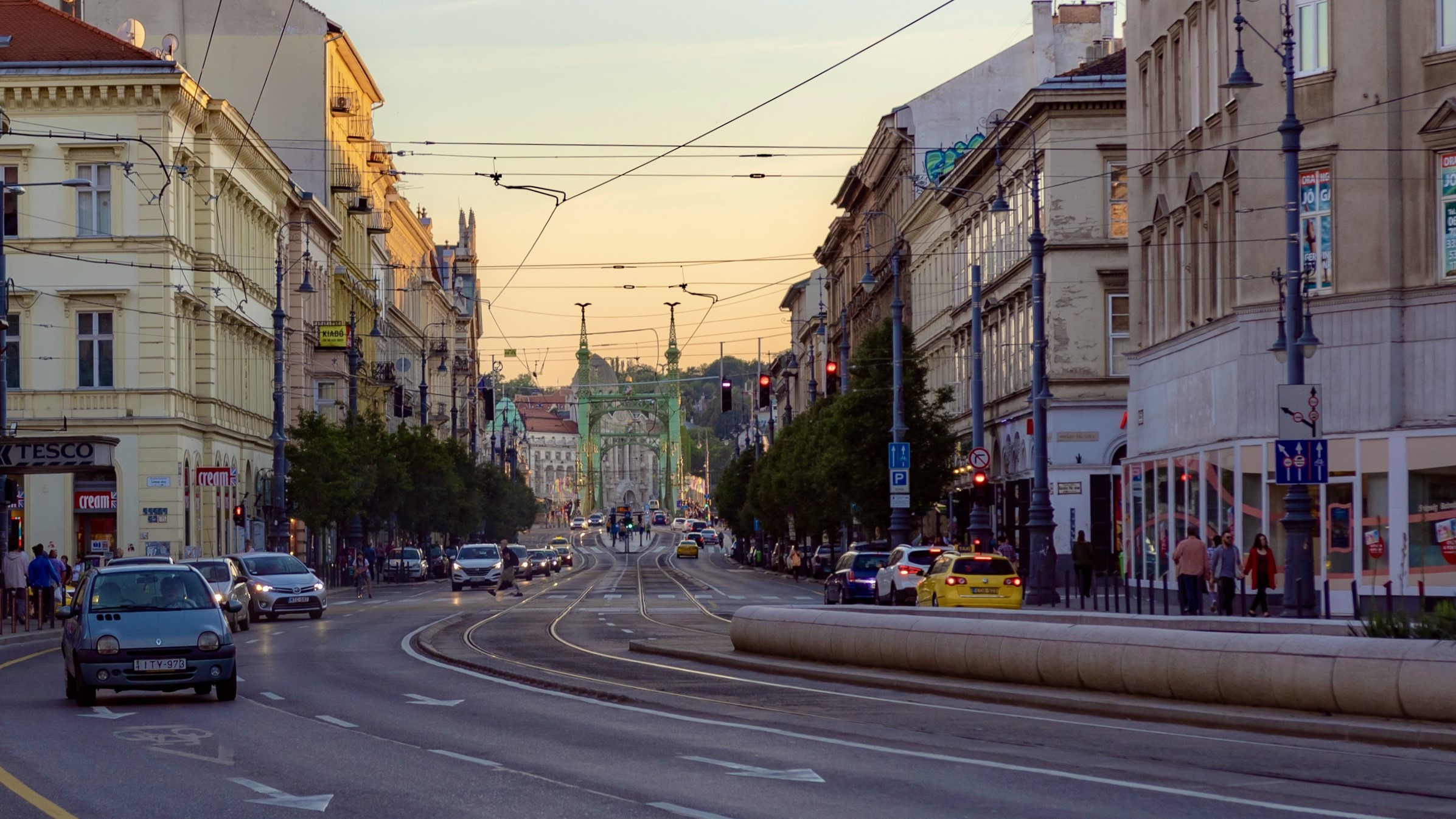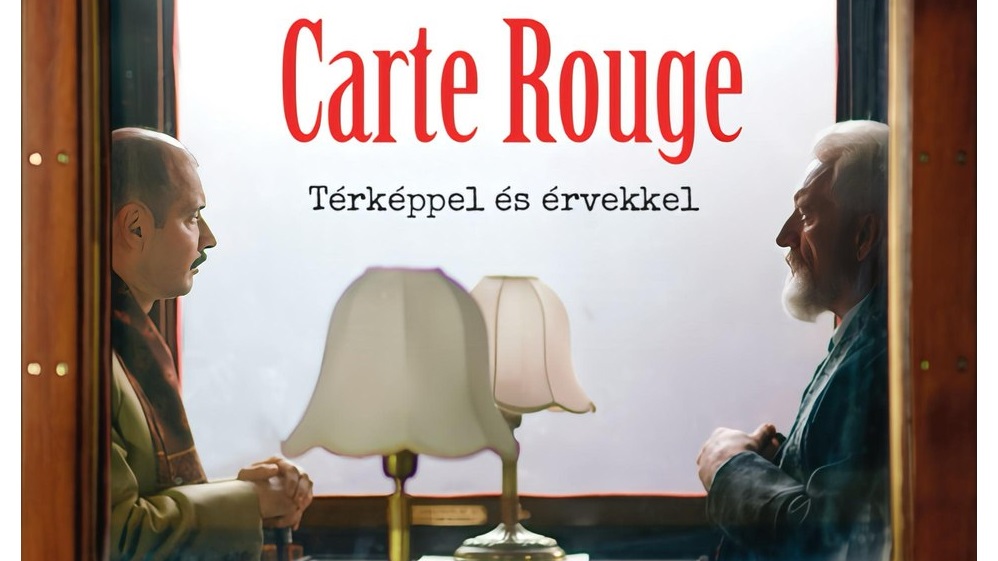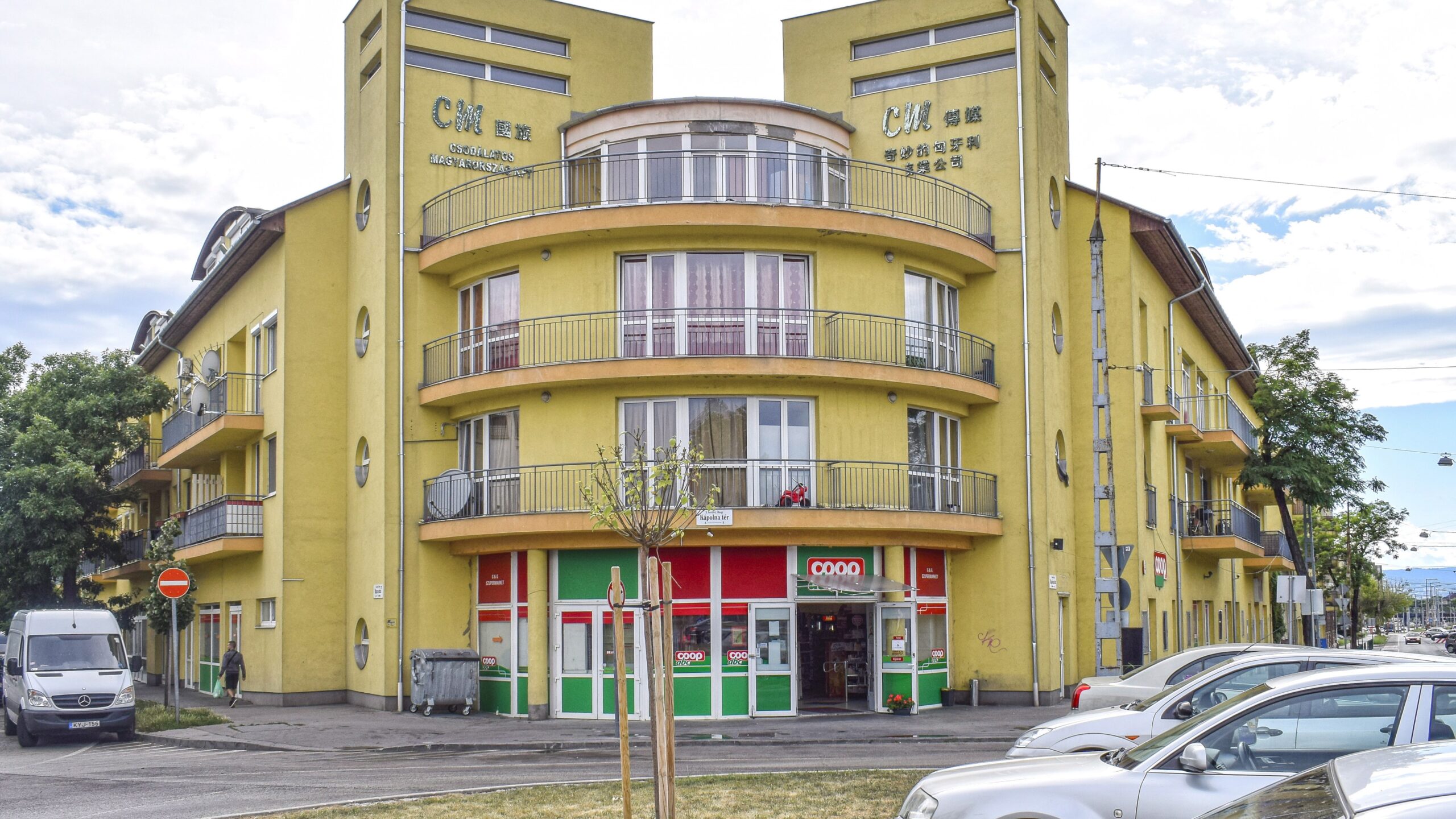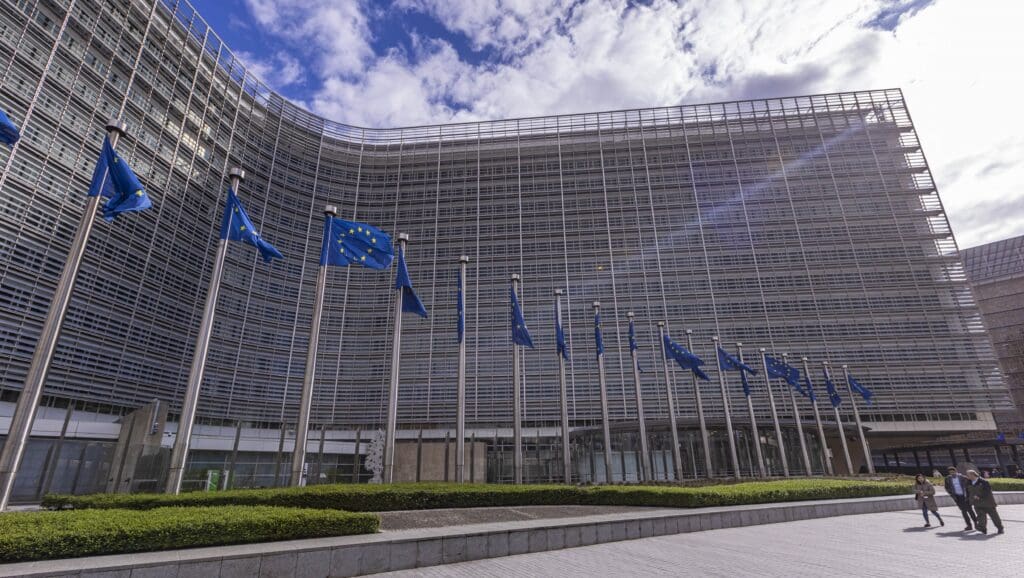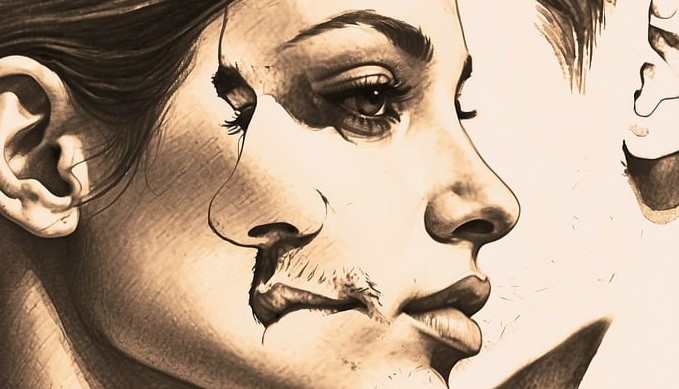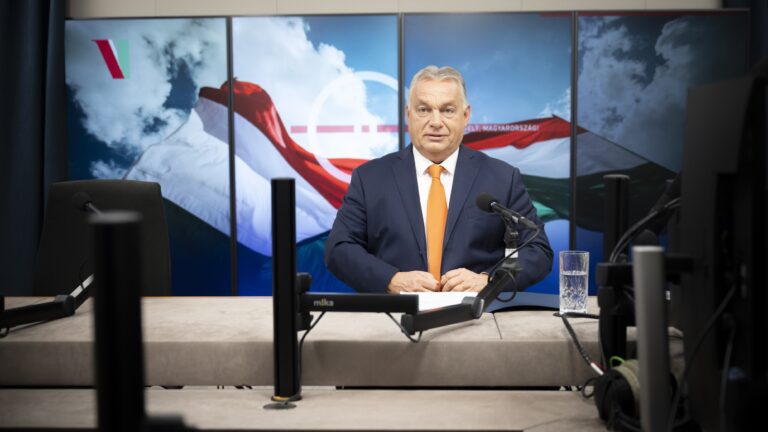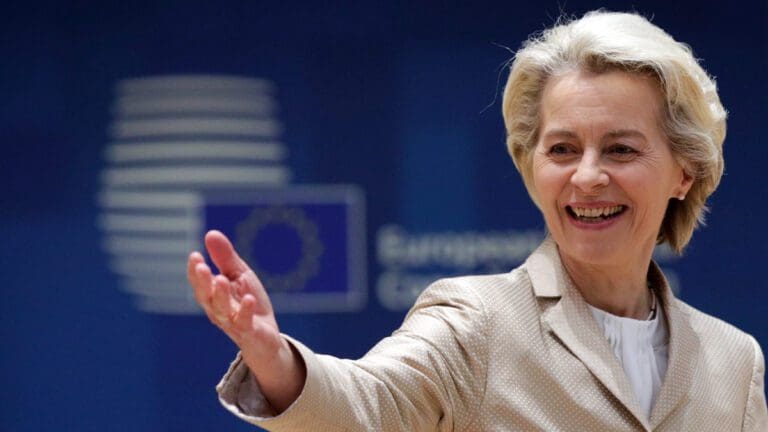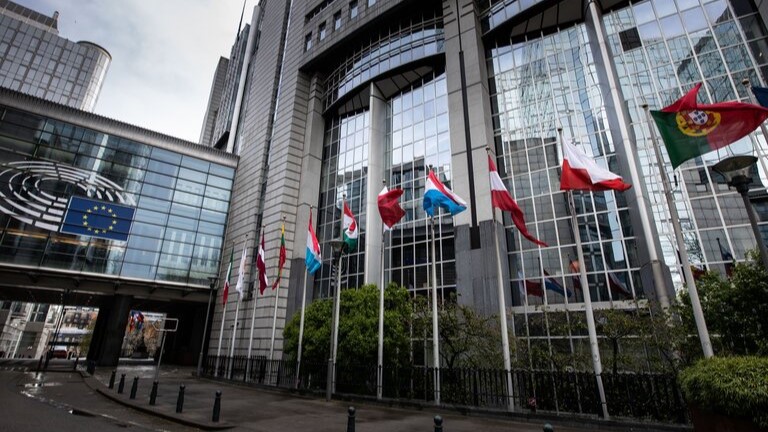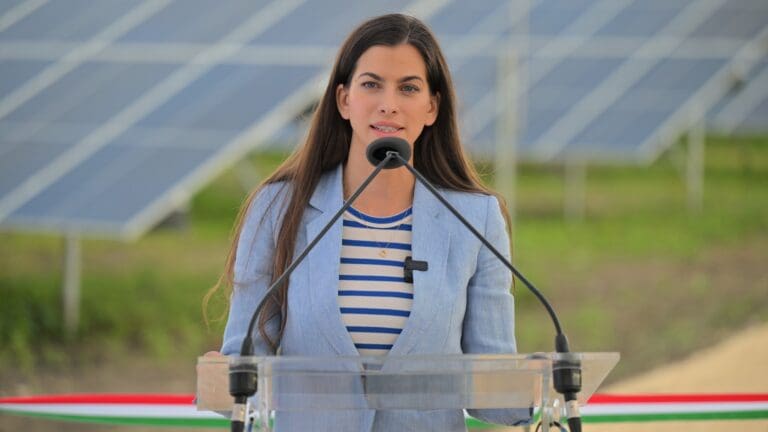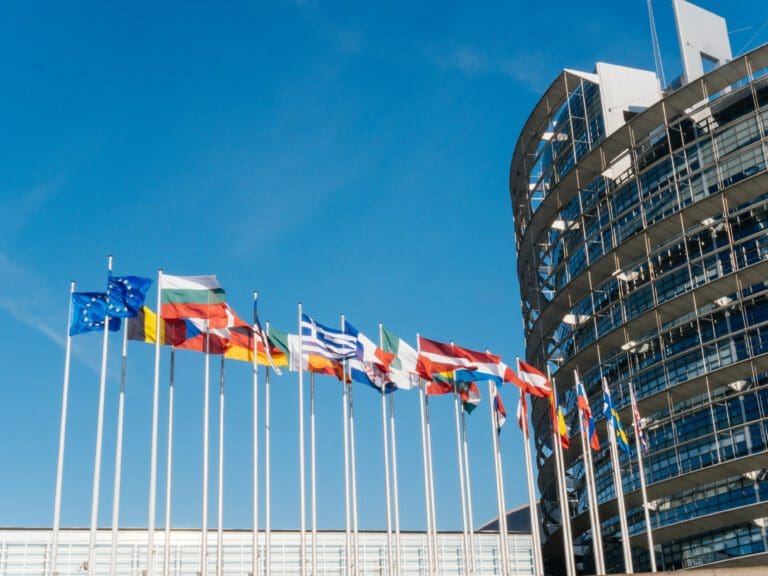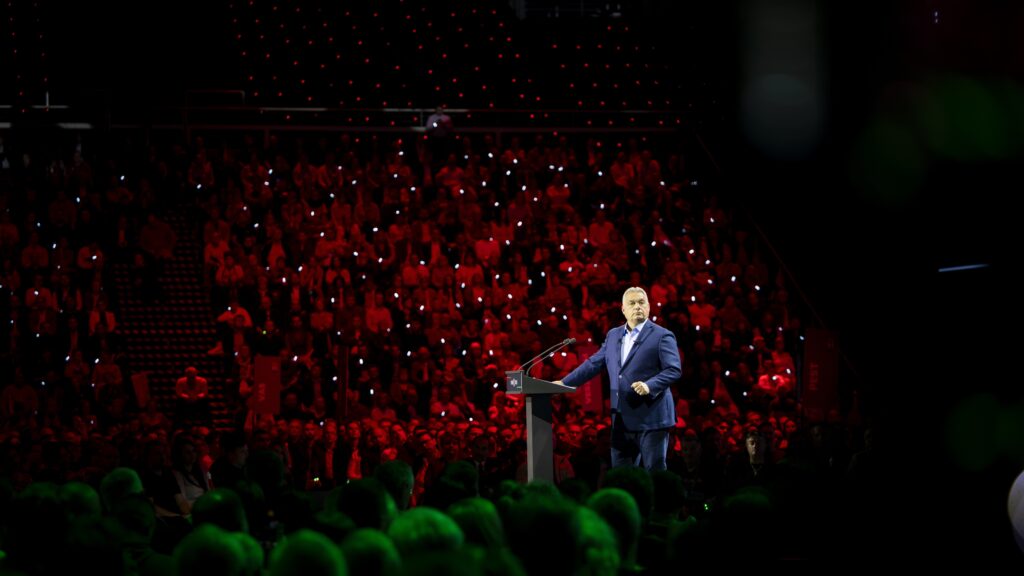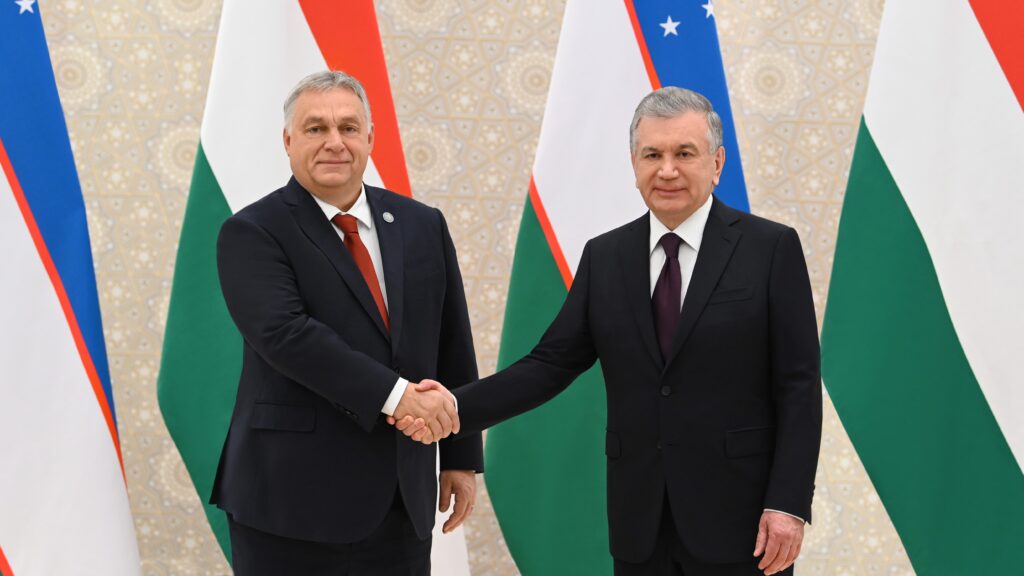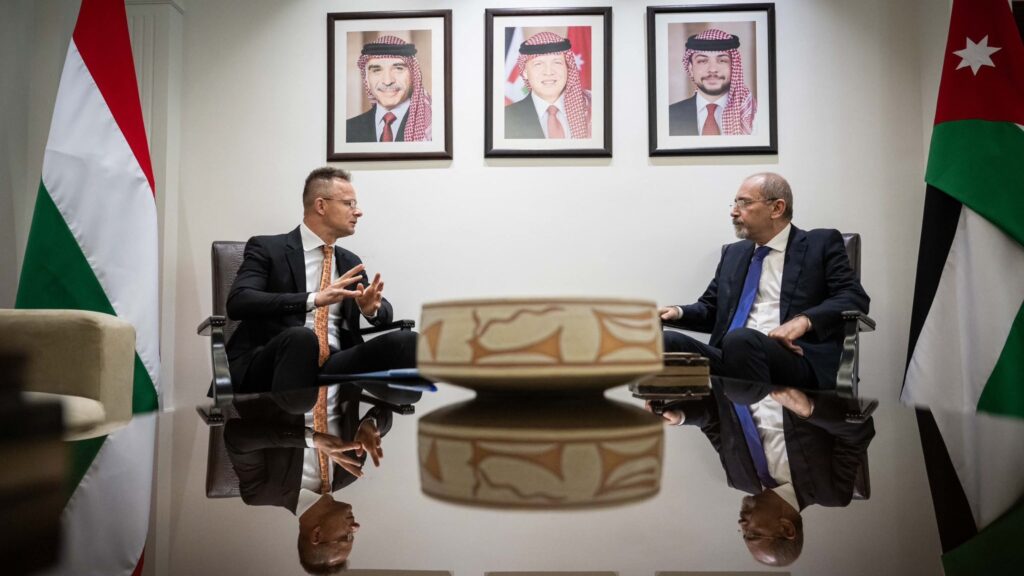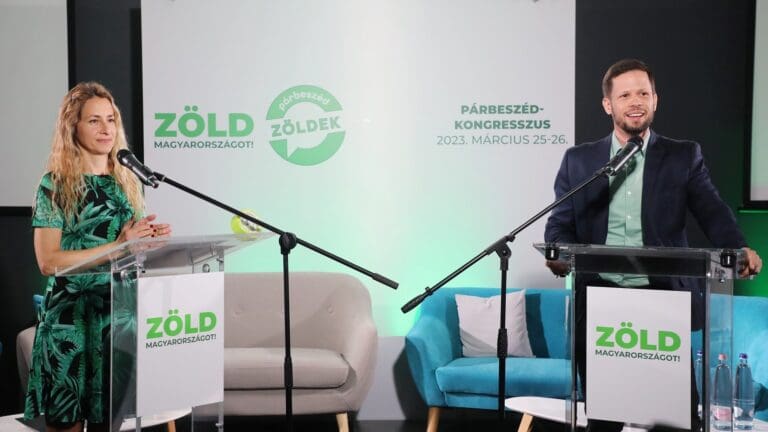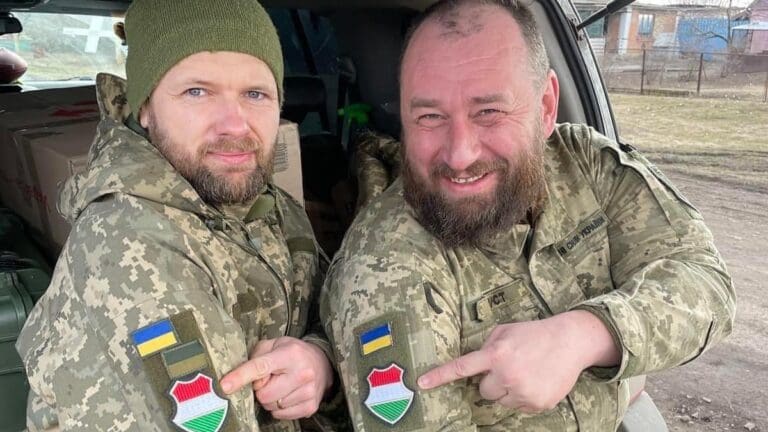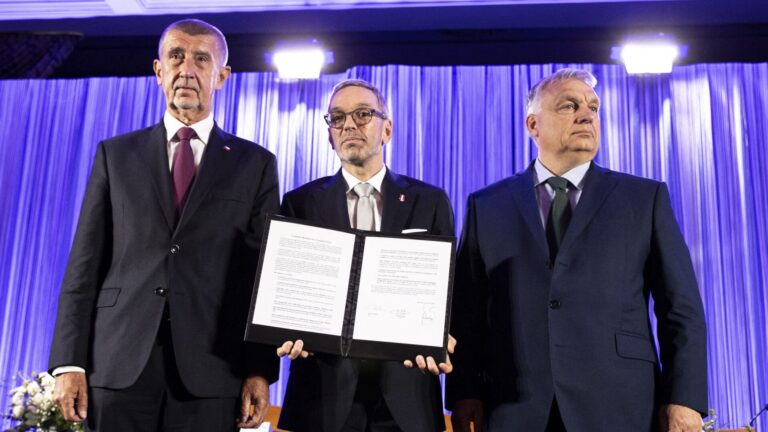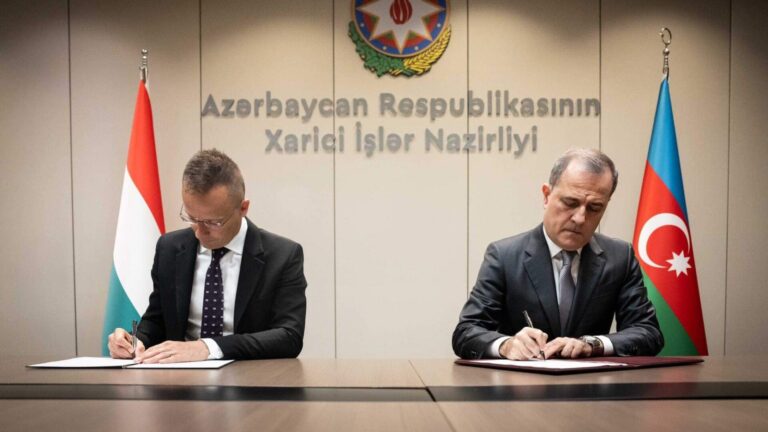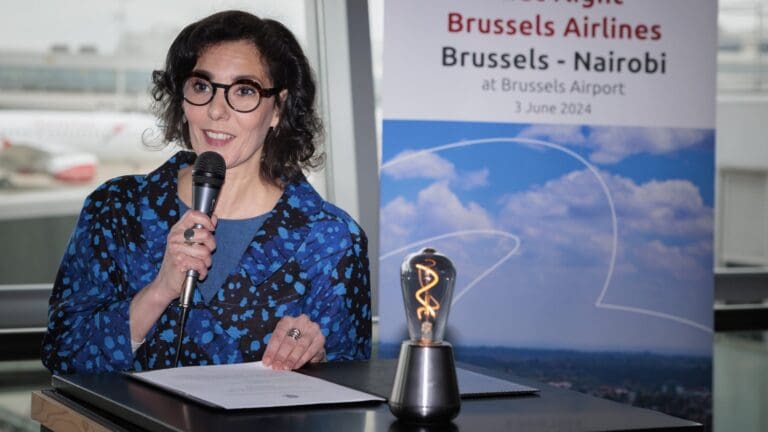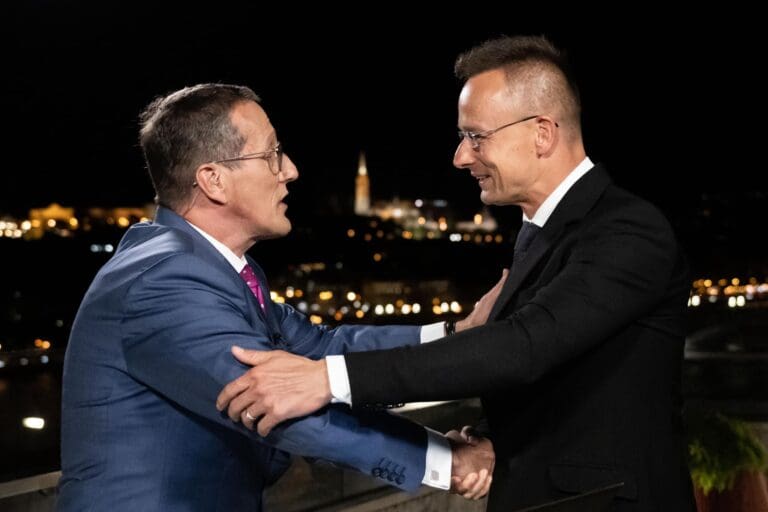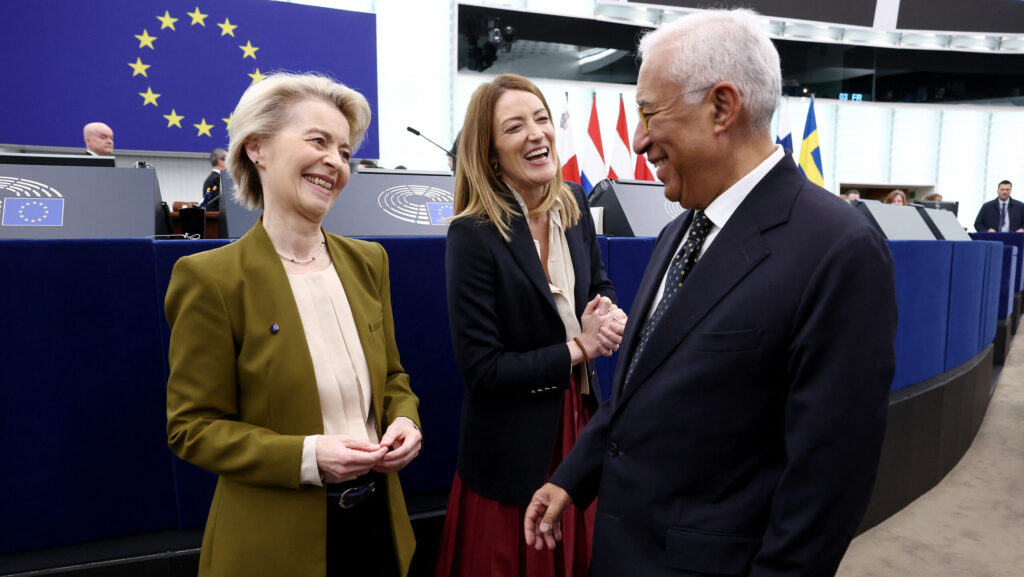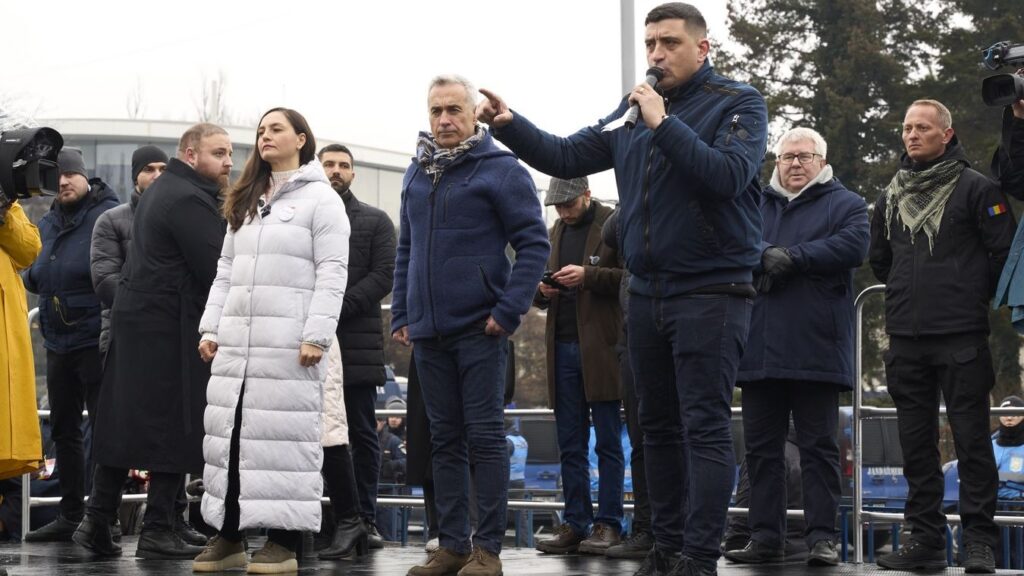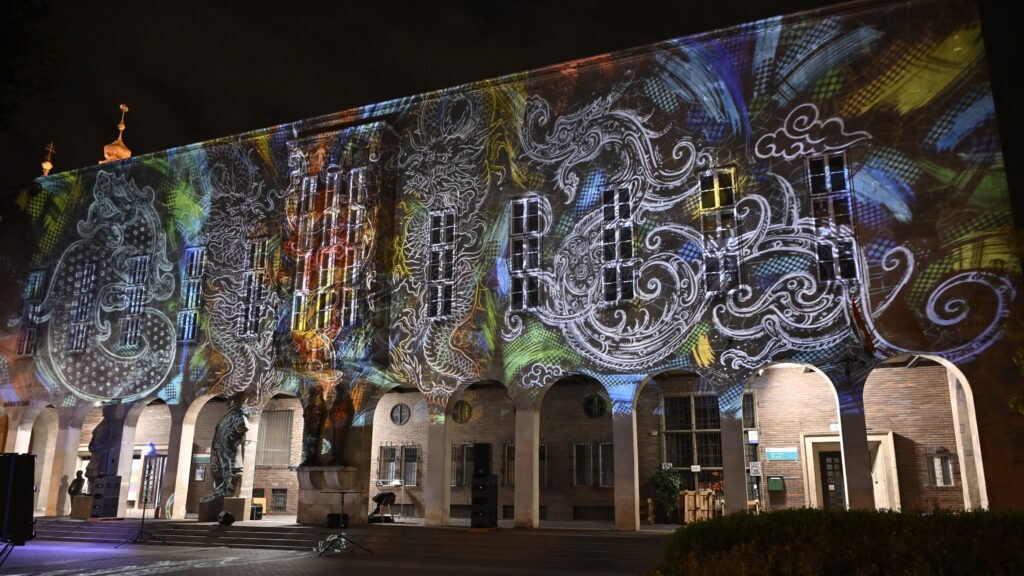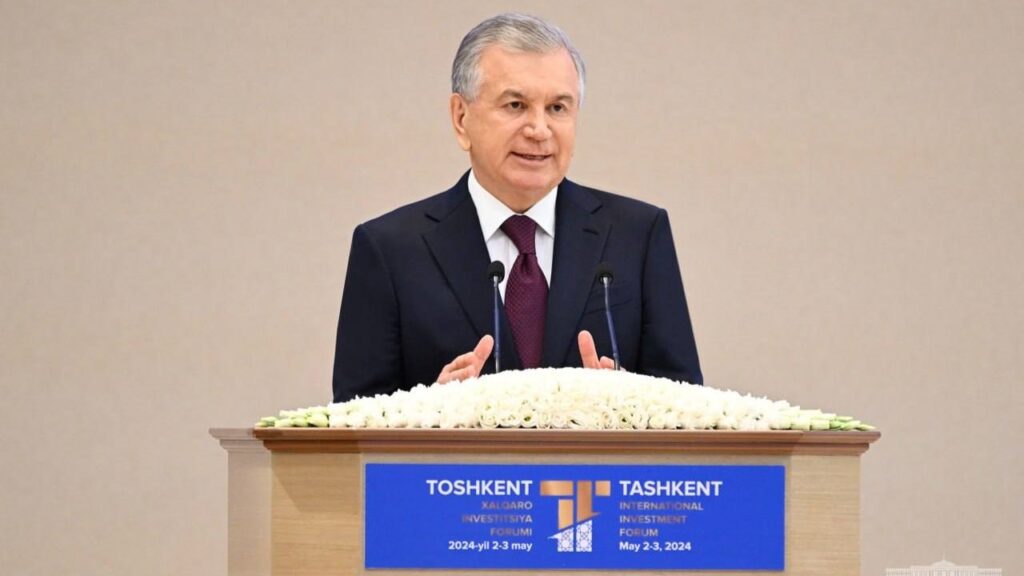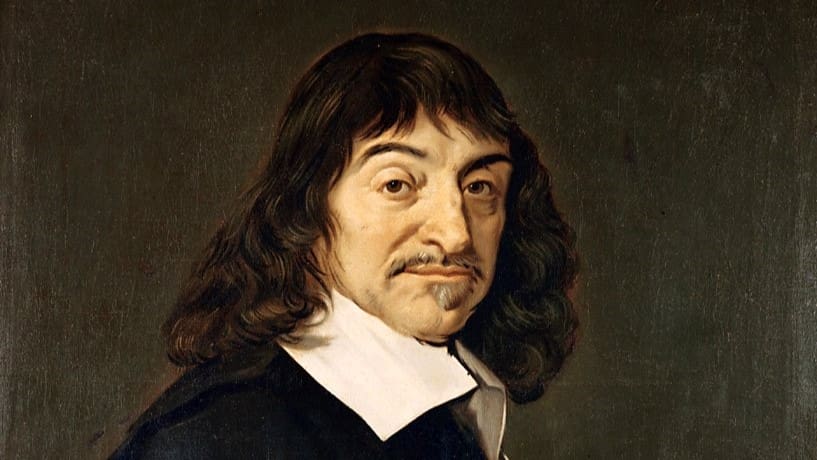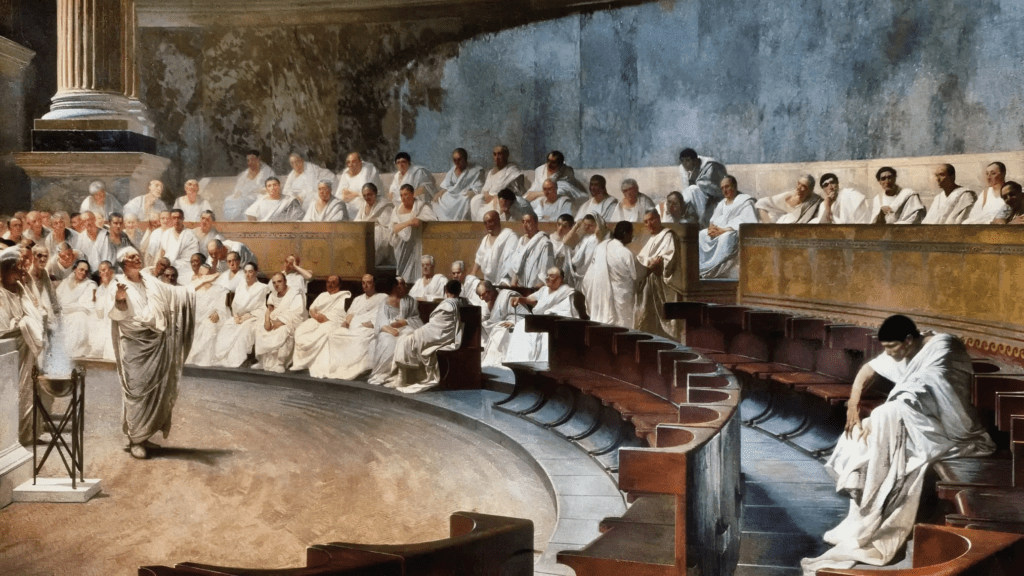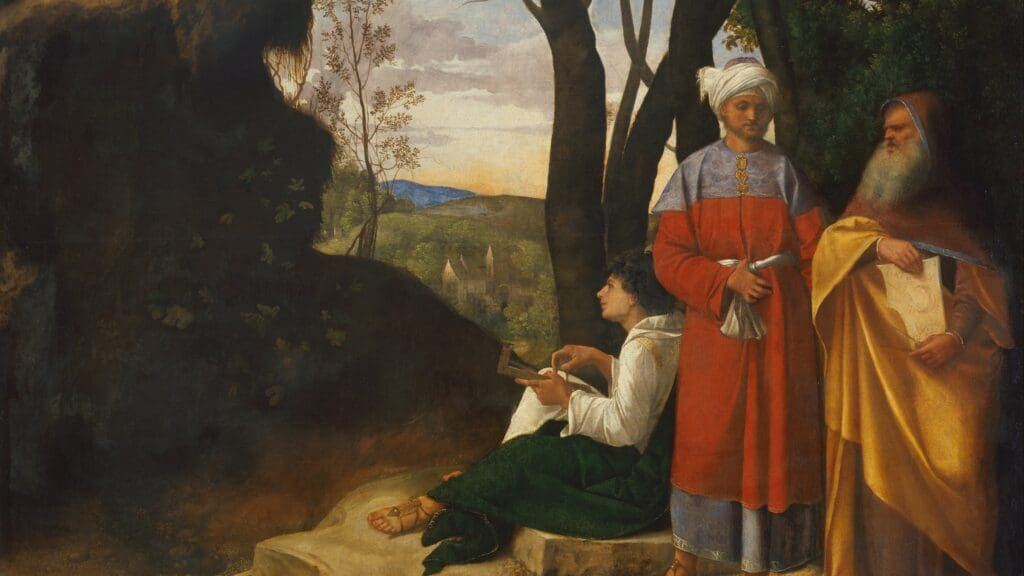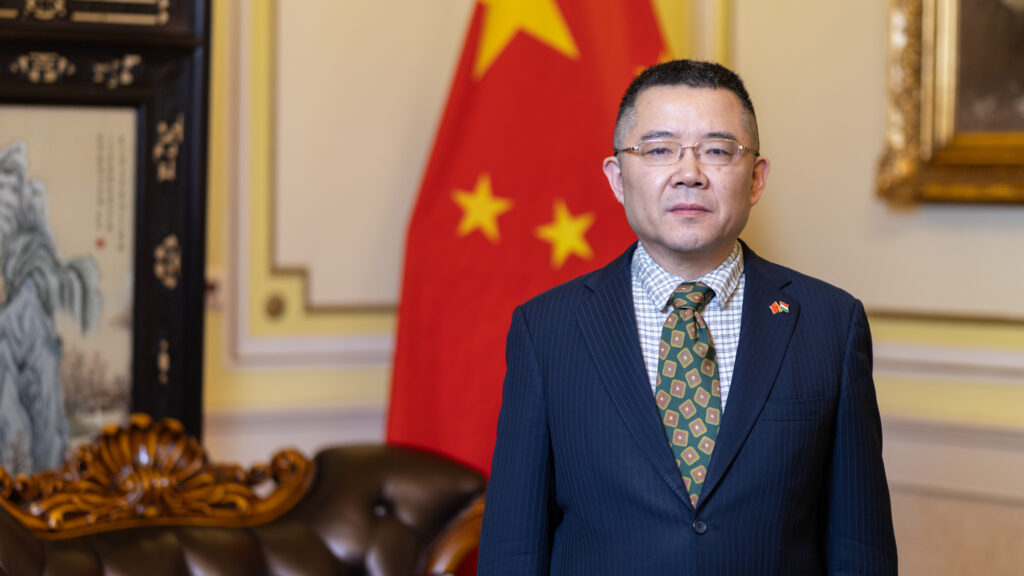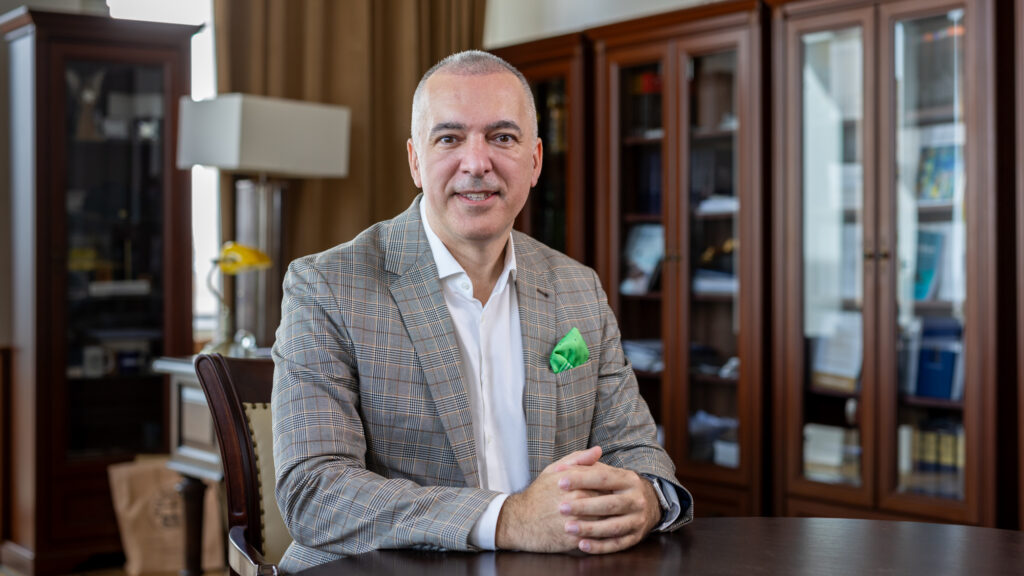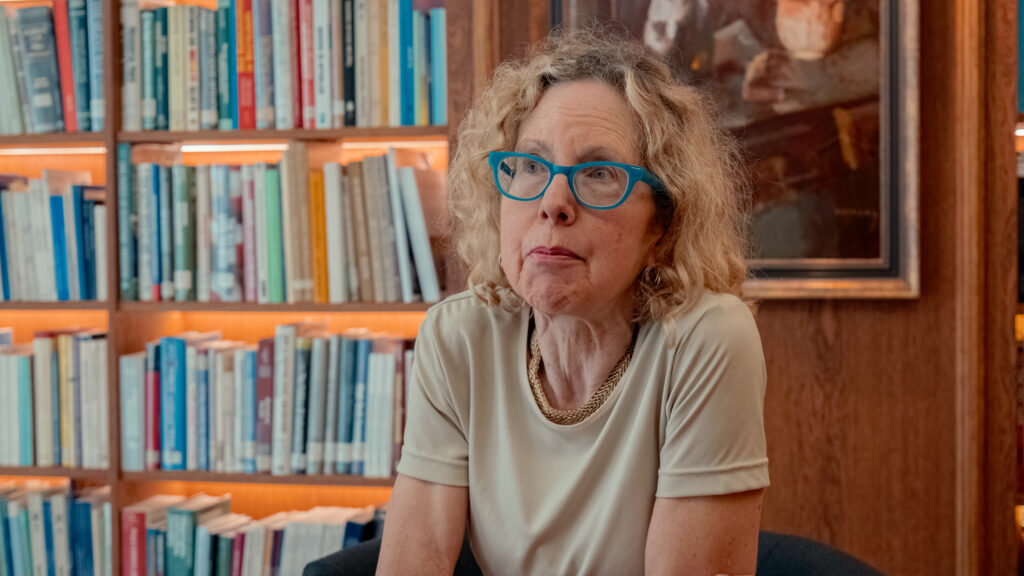
‘No better institution for civilizing males than marriage’ — An Interview with Heather Mac Donald
Why are children conservative creatures? Which has better statistics: the conservative or the liberal family model? And should the state interfere in family matters despite the old Republican concept? We talked to the Fellow of the Manhattan Institute about family policies and realities at the Danube Institute’s Family Formation conference in Budapest.
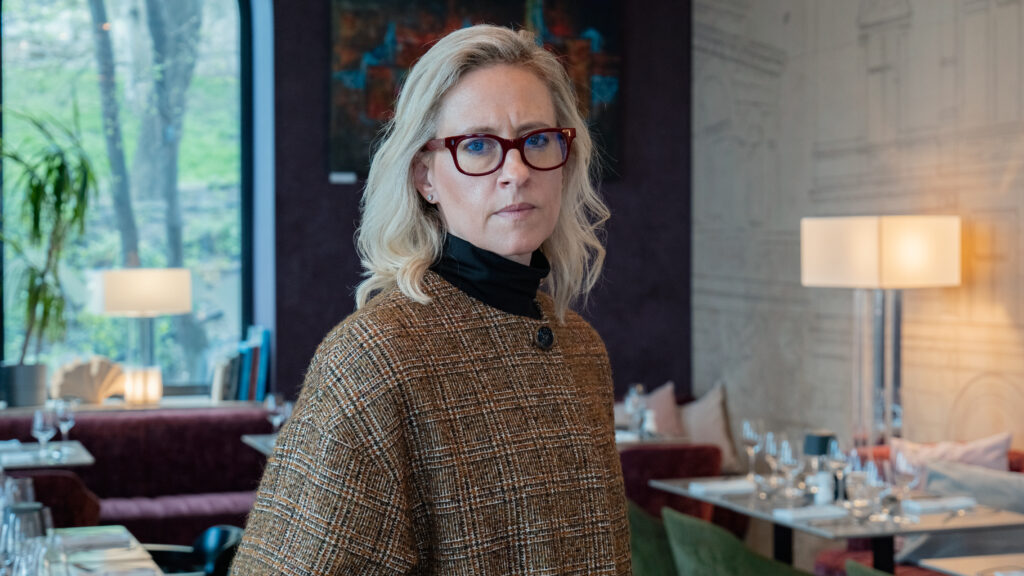
‘Marriage and having children are like springs in the ground’ — An Interview with Catherine Pakaluk
What does a woman learn about life after being a mother of eight children? How can we protect our children from external sexual ideological stimulations? And how can the state assist in protecting families and children? We asked the Professor of the Catholic University of America about family matters at the Danube Institute’s Family Formation conference in Budapest.
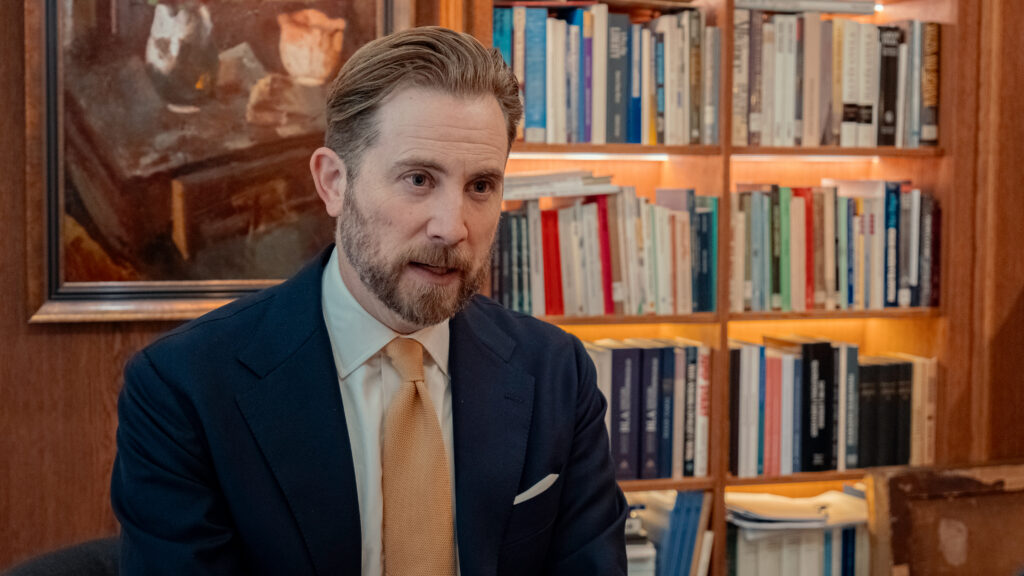
Counter-Revolution in America: Outcome Still Unknown — An Interview with Theo Wold
Is there any element of the Hungarian regulations on family that can be incorporated into American law? What damage has the erosion of family values caused to the mentality of young Americans? We spoke with the former Deputy Assistant to President Trump about ‘family lives matter’ and the new right generation at the Danube Institute’s Family Formation conference in Budapest.

The Extraordinary Virtues of Cardinal Kung
‘The story of Cardinal Kung is that of a faithful shepherd—a saintly figure who refused to renounce God and His Church, despite the consequences of a life sentence imposed by the Chinese Communist Party (CCP). Three months before his arrest in 1955, then-Bishop Kung stood by his clergy and the faithful in China, rejecting numerous offers of safe passage out of the country.’
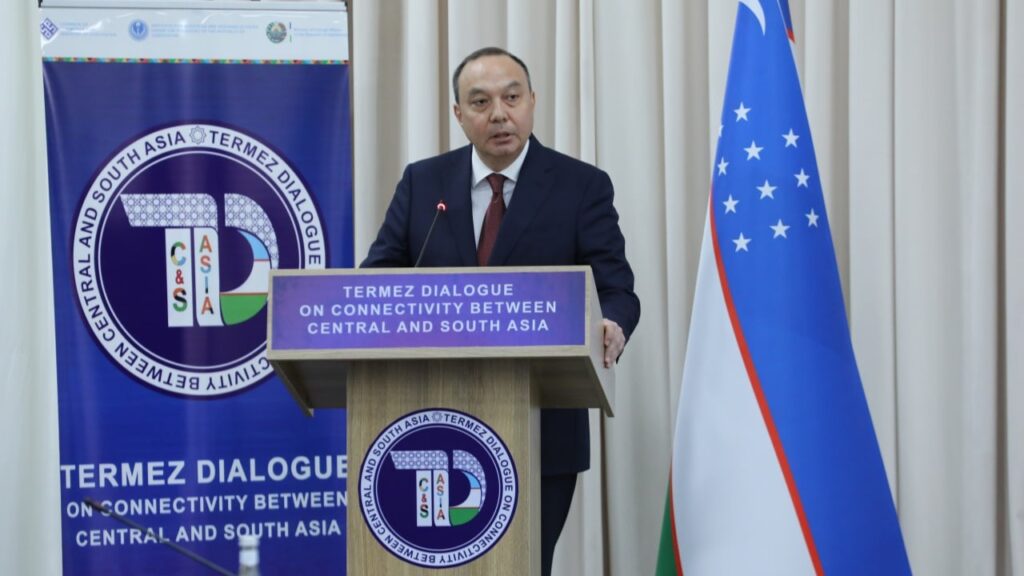
Termez Dialogue: A New Era of Central–South Asian Connectivity
The first Termez Dialogue brought together leaders, experts, and stakeholders from Central and South Asia to discuss regional connectivity, peace, and development. Held in the historic city of Termez, the forum emphasized shared heritage and the urgent need for cooperation on trade, infrastructure, and stability across the region.
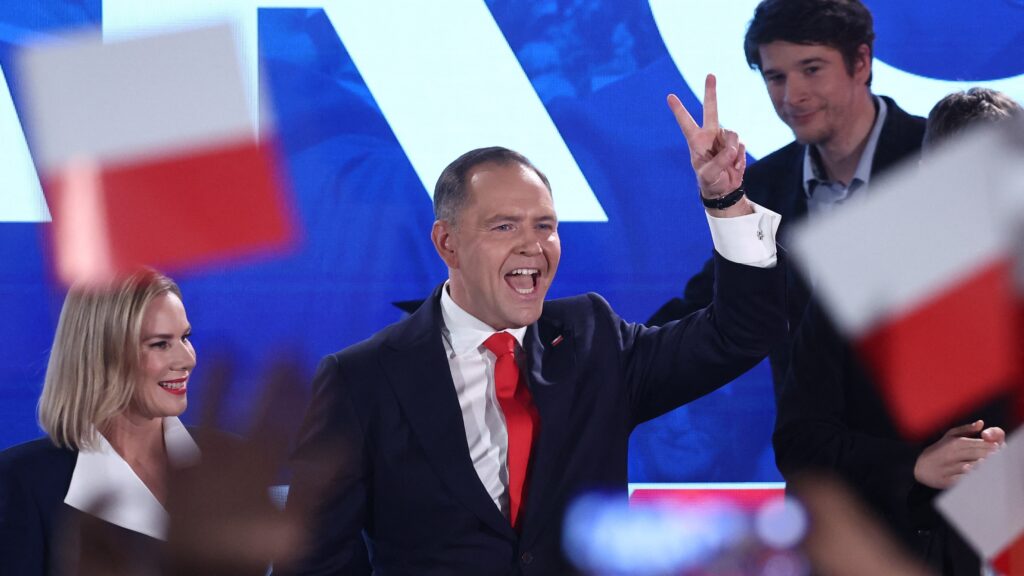
Karol Nawrocki Wins Polish Presidential Election in Razor-Thin Victory
Karol Nawrocki has narrowly won Poland’s presidential election with 50.89 per cent of the vote, backed by the opposition PiS party. His victory may reshape Polish domestic politics and reinvigorate regional alliances like the Visegrád Group.
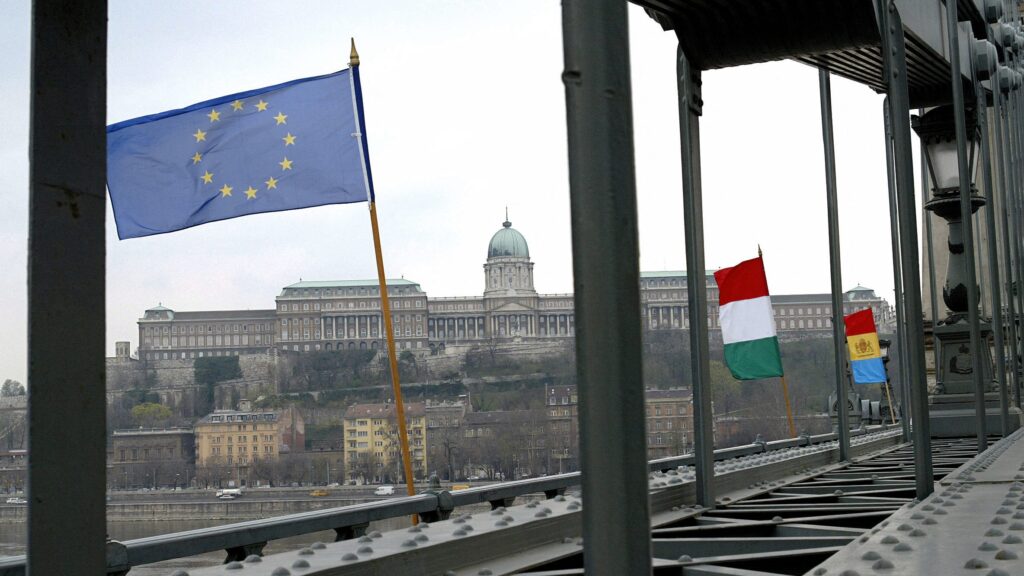
A Perspective on the Sovereignty of EU Member States
‘When countries collectively decide to form a permanent institutional body where divisible sovereignty is the norm, like the EU, it attenuates the ability of those states to make decisions regarding the governance of their own economies and other associated policies. In essence, Hungary must realize that so long as it is a member state of the EU, it delegates certain decision-making to it.’
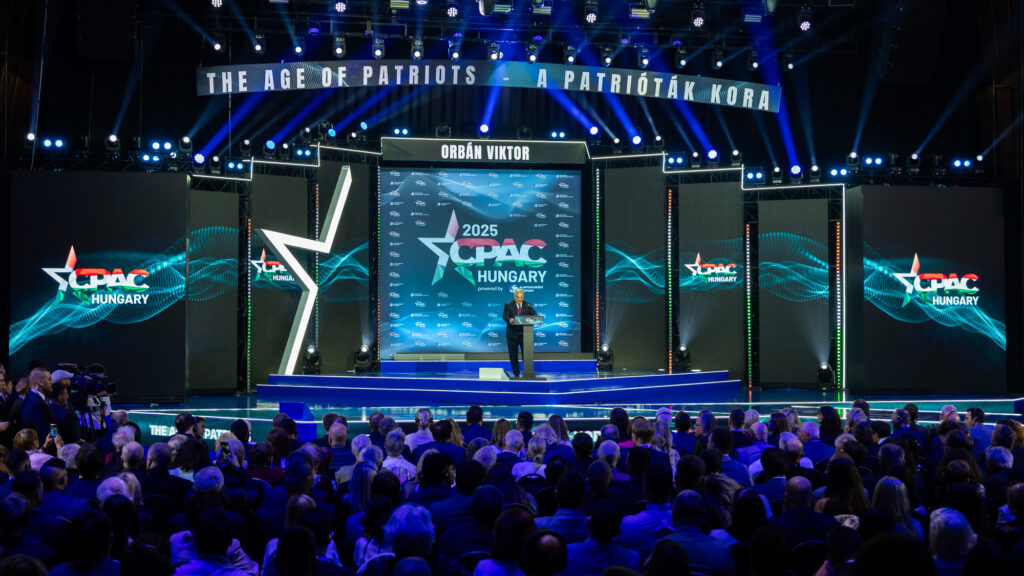
The Age of Patriots — A Speech by Tony Abbott
‘Conservatives don’t believe that we’re morally superior to our grandparents. Conservatives cherish all that’s made us: our families, our faith, our nations and the best that’s been thought and said. Conservatives count the cost of change, as well as its benefits, and want change to reflect what’s best in us, so we can come closer to being our best selves as individuals and as peoples.’
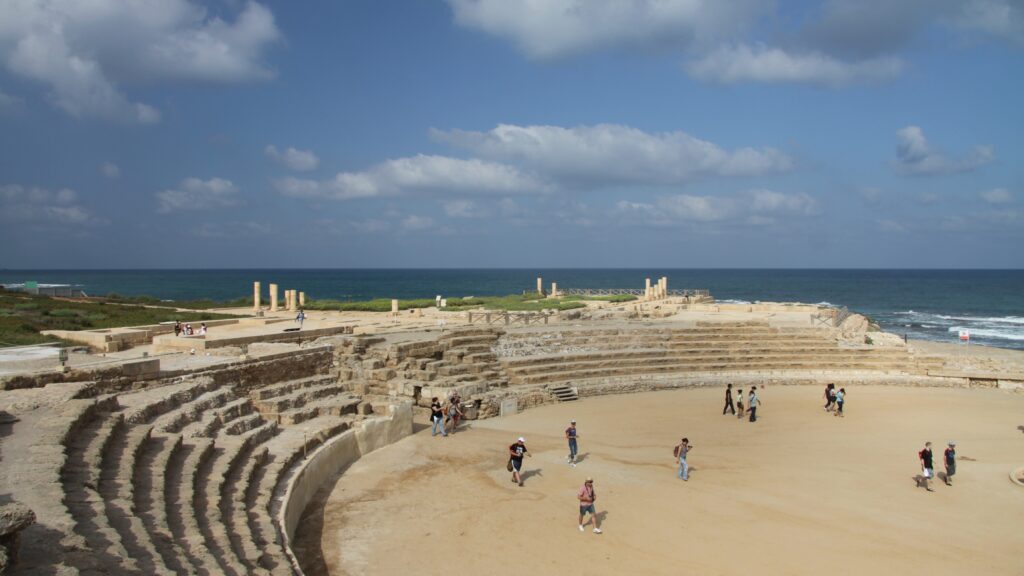
Letter from Jerusalem — Part III
‘It is important to understand the Greek Orthodox Patriarchate’s place in the intricate interplay of local and international as well as sacred and profane interests that often seems to govern every important decision in the Holy Land. Pious pronouncements…from Europe and elsewhere abroad almost invariably collapse under the weight of the sheer complexity of local realities…’
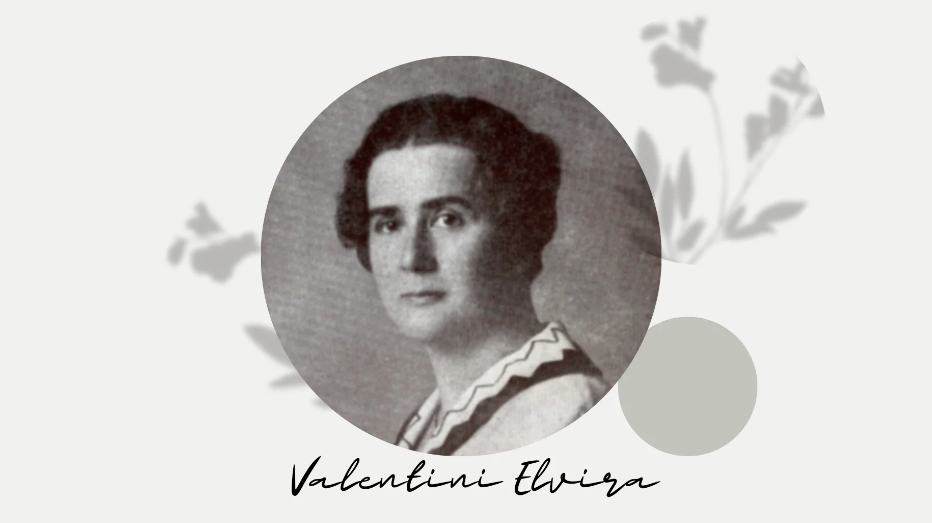
A Teacher from Kolozsvár, One of Our First Female Scientists — The Story of Elvira Valentini
‘[Elvira Valentini] had always been interested in the flora of the Balkans…She thought that in Fiume, after teaching, she would explore the countryside and continue her scientific work. But that was not to be. A few months later, war broke out, and her family called Elvira home, asking her to stay there. The shot fired in Sarajevo thus marked not only the beginning of the First World War, but also the end of an ambitious Hungarian woman’s scientific career.’


